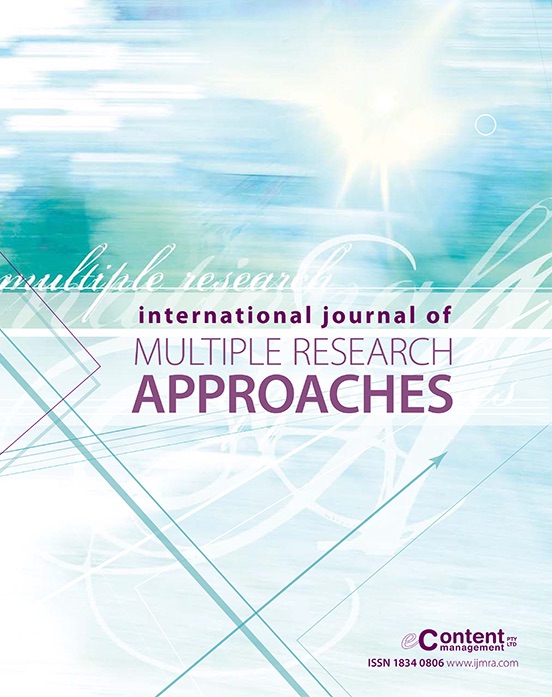8(2).07. The affordances of mixed method in software project management research
$30.00
Description
The affordances of mixed method in software project management research
Zana Ahmedshareef, Miltos Petridis and Robert T Hughes
School of Computing, Engineering and Mathematics, University of Brighton, Brighton, England
Abstract
Delivering software projects on schedule is crucial to commercial software producers, as a producer is vulnerable to the loss of future business if perceived to be unreliable. This study investigates the dynamics at play during software project execution and the practical problems that emerge and cause schedule delays. This paper discusses the methodological choices made during the research. The research adopted the mixed method approach to enquiry, employing an explanatory sequential design to analyse data from past project documents. We conducted a quantitative data collection and analysis first, followed up with qualitative data collection and analysis to explain the quantitative results. We used: (i) non-experimental, retrospective, and longitudinal/trend designs in the quantitative strand; (ii) case study research of multiple-case design with single-unit of analysis to connect the quantitative with the qualitative strand; (iii) grounded theory techniques to code textual data in the qualitative strand; and (iv) actor-network theory (ANT) to analyse the results. The findings demonstrate that considerable benefit can be gained from: using a mixed method approach to understand the management dynamics during project execution; and deploying ANT to make sense of the influence of project dynamics on project delay.
Keywords: mixed method research, explanatory sequential design, case study research, grounded theory, actor-network theory


